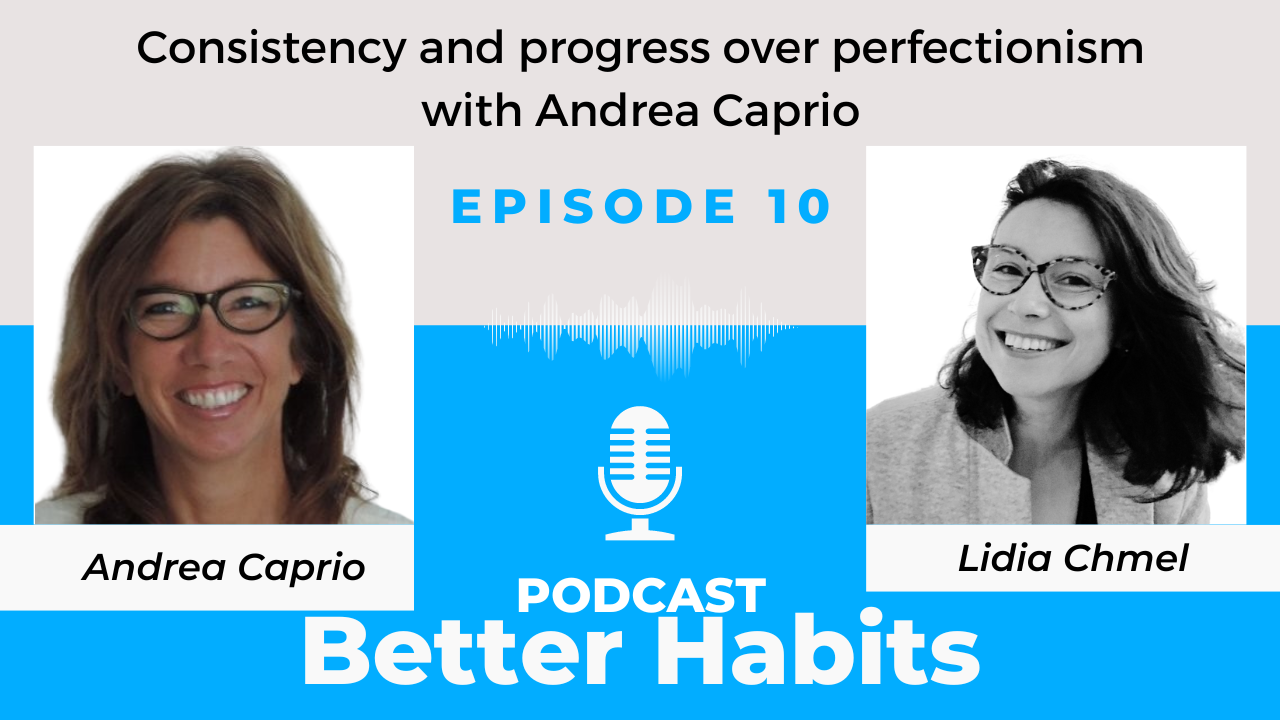Hiring a coach can be a powerful way for someone to reach the next level of success.
But, based on some myths, you may be reluctant to seek a coach. Assumptions shouldn’t hold you back from making one of the best decisions in your life.
This post discusses eight common myths people have about coaching. Distinguishing fact from fiction will tell you everything you need to know before taking the plunge.
1. Coaching Is Only for People With Problems
This is a common misconception. In truth, coaching can help the good get even better. It’s the next step for motivated individuals to achieve more.
Top CEOs, like Steve Jobs, Eric Schmidt, and Bill Gates had their own coaches. High-performing executives know that a coach can provide a different perspective. This is based on the coach’s experience of working with other clients in similar situations. It’s a valuable addition and a powerful reason to seek great coaches to up your game.
2. Coaching Is the Same As Mentoring
The difference between the two is professionalism. A mentor offers the value of their own experience but is not trained at helping you change. Although, in some cases, they may have some basic training in dealing with mentees.
A coach is trained in the skills of coaching, which are based on psychology and facilitation. Coaches draw on the experience of having seen other clients in similar situations. That’s why coaching is effective even if the coach doesn’t have direct experience themselves.
The most critical difference can be summed up as: Mentors are found by chance, and coaches are available right now. People can go years waiting to find a mentor, meanwhile there are directories of coaches that you could hire today. Why wait?
3. Coaching Is Only for Senior Managers and Leaders
Executives at all levels of an organization can benefit from coaching.
Whether you’re a new professional or have years of experience, if you have the zeal to make it big, coaching is a logical step for you.
4. Coaching Is Very Expensive
There’s a general pricing ladder for executive coaches that’s parallel to how lawyers price. Executive coaches can charge decent rates because the business ROI is high. As this post by Coach.me states:
You should expect a brand new coach to be charging $150–300. A mid-experience coach can charge $300–600, and a senior coach around $800 per session.
Specialized corporate coaches at the absolute peak of their profession charge more: $1200 and up. They only work with people who can easily afford this amount.
Many coaches will adjust their rates to fit a client’s budget. You should feel free to ask.
5. If You Hire A Coach, You Don’t Need to Work Hard
Coaches don’t “teach.” Instead, they actively listen to you and understand your goals. Then, they set up a framework for you to follow and hold you accountable. They encourage you from the sidelines, acting as an independent influence. They provide an objective third-party perspective to your issues. This helps ease decision fatigue by reducing the number of decisions you make daily.
As Forbes puts it, “Coaches can also provide helpful feedback loops; they can check your blind spots and point out things you don’t know; they can provide accountability as well as confidence or peace of mind when you otherwise would second-guess your choices or instincts.”
Hiring a coach doesn’t mean they’ll do the work for you. You’ll still have to do the work yourself, but they’ll make the journey easier. This might not sound like much, but it can have a massive impact on your life.
6. If You Have a Therapist, You Don’t Need to Hire a Coach
Coaching is not the same as therapy.
Therapists focus on what happened in the past and work with the unconscious mind. Coaches help clients establish a goal with the conscious mind and focus on what can happen in the future.
7. A Coach Needs to Have a Similar Background to Help
The skills of coaching are based on psychology and facilitation. Coaches draw on the experience of seeing other clients in similar situations. They help you transform even if they themselves haven’t faced something similar.
The most helpful coach is one who actively listens to you. They give you a different perspective on your choices, interpretations, and judgments.
8. It Takes a Long Time to See Results From Coaching
The time it takes to see results depends on the coach’s experience. An experienced coach might be able to get to the heart of issues faster, saving you a lot of time.
Coaches teach you how to think for yourself. With time, you’ll stop asking them to tell you what to do and learn to figure things out. The result can take time, but even a single session can be life-altering.
Final Words
Coaching is seen as necessary in some professions. For example, athletes often work with coaches to optimize their performance. In the same sense, a coach can help you excel in your personal and professional life as well.
Coaches are not the same as mentors or therapists. They don’t cost you a year’s worth of salary. They ask important questions that will guide and help you become better. They won’t complete your tasks for you. At the end of the day, you’ll still have to do the work on your own.
Sure, a coach isn’t essential to succeed. However, if you hire a good coach, you can climb up the ladder faster than you’d have on your own.








